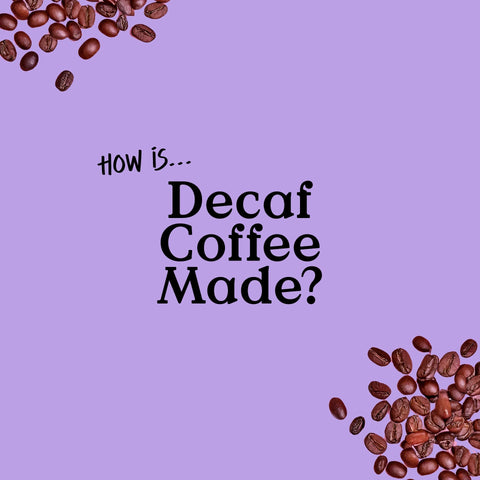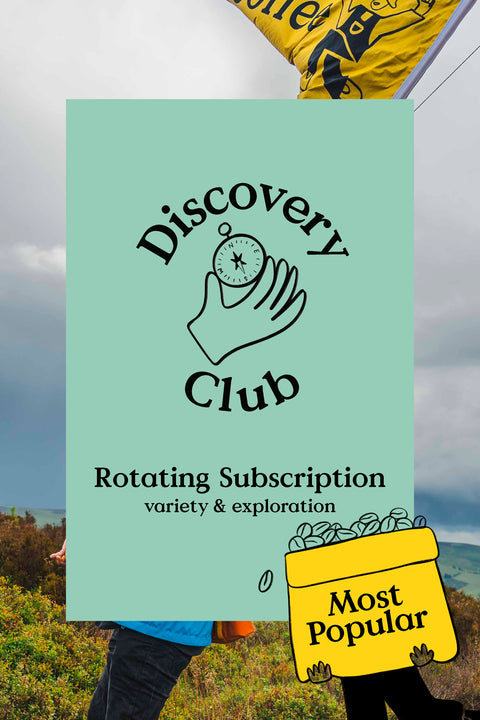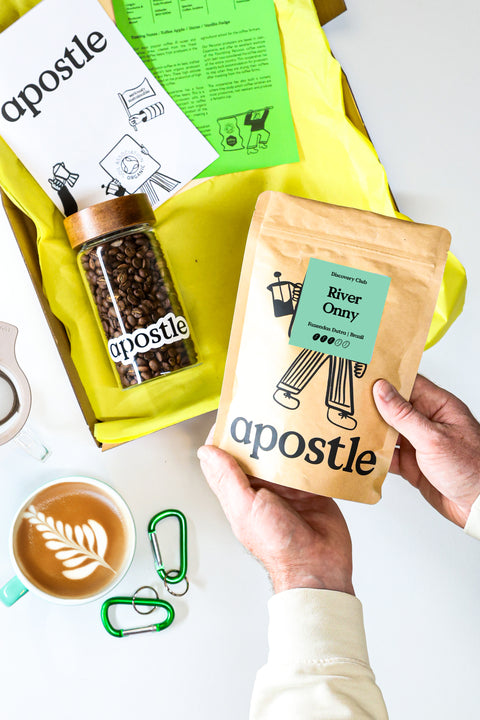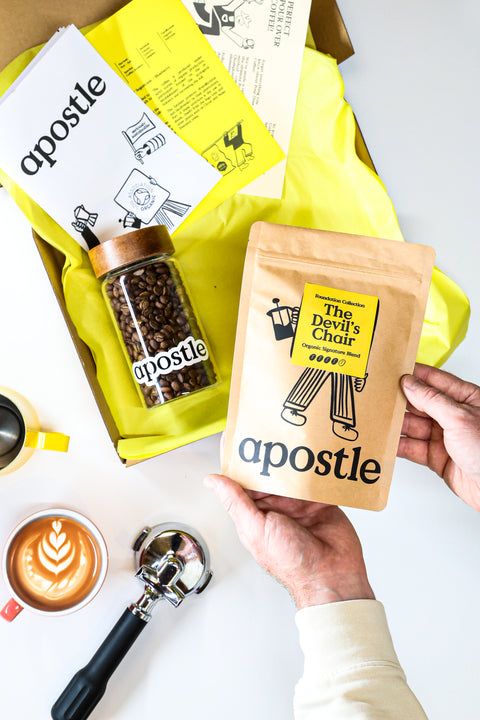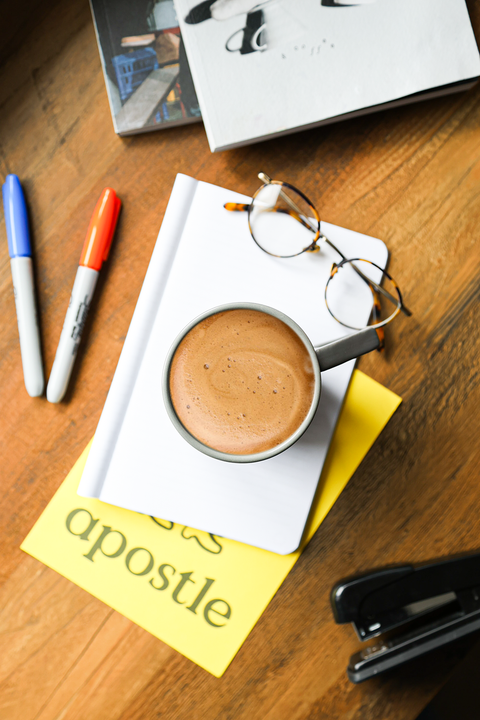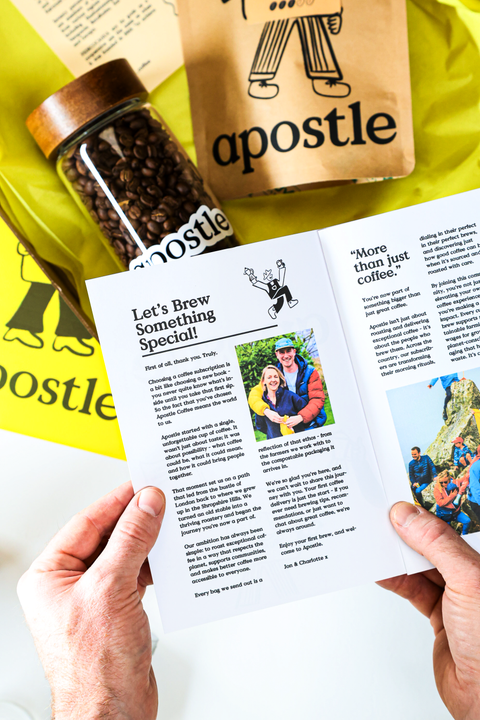Decaf Coffee Explained: How It’s Made and Why We Choose Swiss Water
At Apostle Coffee, we use Swiss Water decaffeinated green beans. This method relies only on water, temperature, and time to gently remove caffeine while preserving all the coffee’s original characteristics. It’s also certified organic — making it the perfect fit for our entirely organic coffee range.
But how does decaf actually work? Let’s break it down.
What Is Decaf Coffee?
Decaffeinated (or decaf) coffee is made by removing most of the caffeine from regular coffee beans while retaining their flavour and aroma.
There are several different ways to do this, and while each has its merits, they all follow the same basic process: select beans, prepare them for extraction, remove the caffeine, and then roast and brew as normal.
The Main Methods of Decaffeination
1. Solvent-Based Methods
These use chemical solvents to target caffeine molecules.
-
Direct Solvent Method – Green beans are soaked in a solvent such as methylene chloride or ethyl acetate, which binds to the caffeine. The beans are then steamed to remove solvent residue.
-
Indirect Solvent Method – Beans are soaked in water to extract caffeine and flavour compounds. The water is treated with a solvent to remove the caffeine, then returned to the beans so they can reabsorb the flavour compounds.
2. Swiss Water Process
Our preferred method — and the one we use at Apostle.
-
Green beans are soaked in pure water to create a flavour-rich coffee extract.
-
This extract passes through carbon filters, which trap caffeine while allowing flavour compounds through.
-
The caffeine-free extract is then used to soak new batches of beans, which release caffeine but retain their flavour.
-
The result is beans that are 99.9% caffeine-free but full of character.
This process is solvent-free, environmentally friendly, and certified organic.
3. Carbon Dioxide (CO₂) Method
-
Beans are placed in a high-pressure chamber with liquid CO₂.
-
The CO₂ bonds with caffeine and is then released, carrying the caffeine away.
-
The beans are left decaffeinated, ready for drying and roasting.
This method is efficient but requires specialist equipment, making it less common.
4. Ethyl Acetate (EA) Method
Ethyl acetate, a natural compound found in fruit and sugarcane, can also be used to remove caffeine.
-
Beans are steamed to open their pores.
-
Ethyl acetate is applied to bond with caffeine.
-
The beans are thoroughly rinsed, dried, and then roasted.
This is sometimes marketed as “naturally decaffeinated,” but it’s still a solvent-based method.
How Coffee Is Decaffeinated: Step by Step
-
Selection of Beans – High-quality Arabica or Robusta beans are chosen, just like regular coffee.
-
Pre-Soaking – Beans are soaked in water to prepare them for caffeine extraction.
-
Caffeine Extraction – One of the methods above is applied (solvent, Swiss Water, CO₂, or EA).
-
Rehydration – After extraction, beans are rehydrated to restore their flavour compounds.
-
Drying – Beans are dried to the correct moisture level for roasting.
-
Roasting – Flavour and aroma are developed just like regular coffee.
-
Grinding & Brewing – Once roasted, beans are ready to be brewed into delicious decaf.
FAQs About Decaf Coffee
Does decaf coffee have caffeine?
Yes, but only a tiny amount. Decaf usually contains 1–2% of the original caffeine content.
Is decaf coffee bad for you?
Not at all. Decaf offers many of the same health benefits as regular coffee. The key is how you drink it — extra sugar, syrups, or cream can offset those benefits.
Why choose Swiss Water Decaf?
It’s chemical-free, organic-certified, and preserves the coffee’s natural flavours, making it the most sustainable choice for mindful coffee drinkers.
Your Next Decaf Adventure
Switching to decaf doesn’t mean compromising on taste. With the Swiss Water Process, you get the best of both worlds: coffee that’s gentle on your system yet bursting with flavour.
At Apostle Coffee, we’re proud to champion processes like these that align with our values of sustainability, community, and exceptional coffee.
So why not make your next cup a Swiss Water Decaf? It’s a choice you can feel good about — sip after sip.

Explore our Decaf Club for rich, flavourful, and sustainably sourced decaf coffee delivered to your door. Subscribe now.
